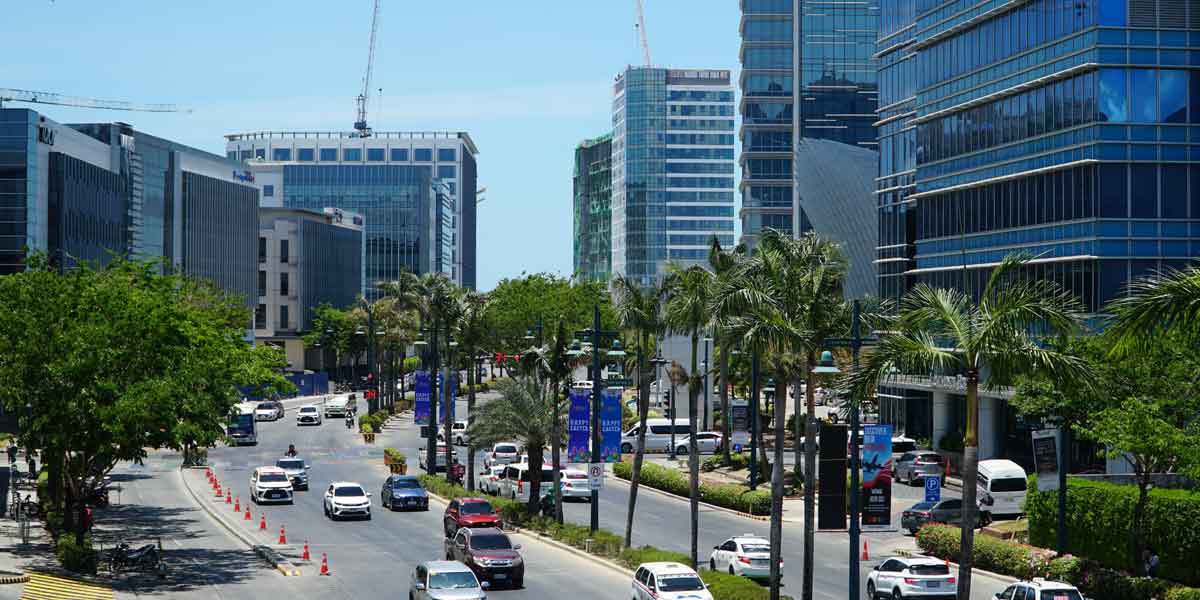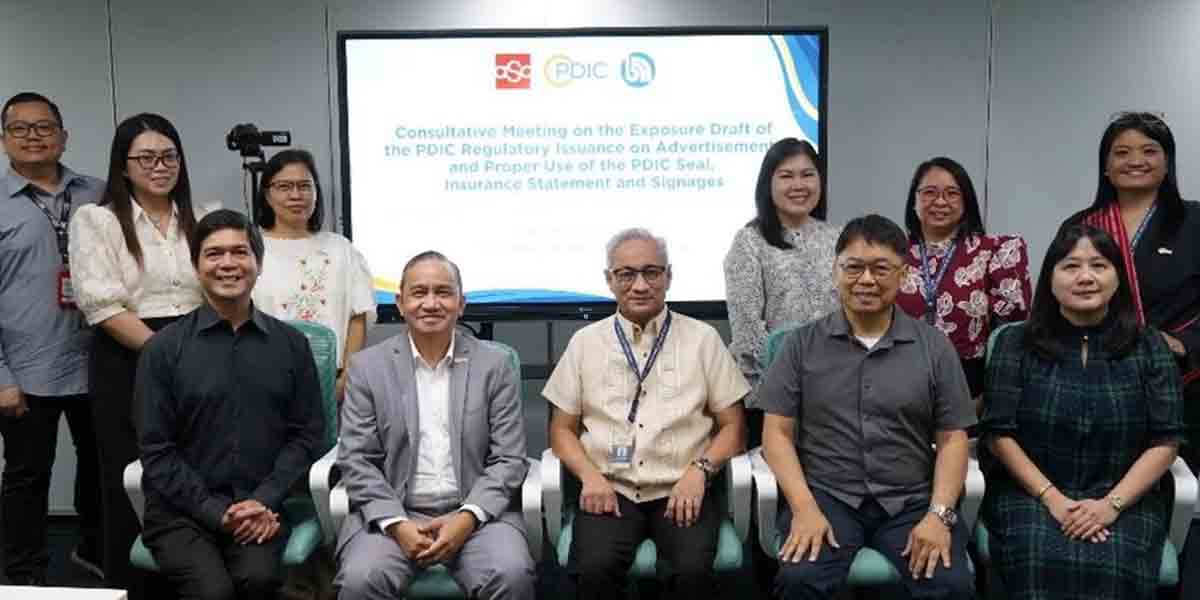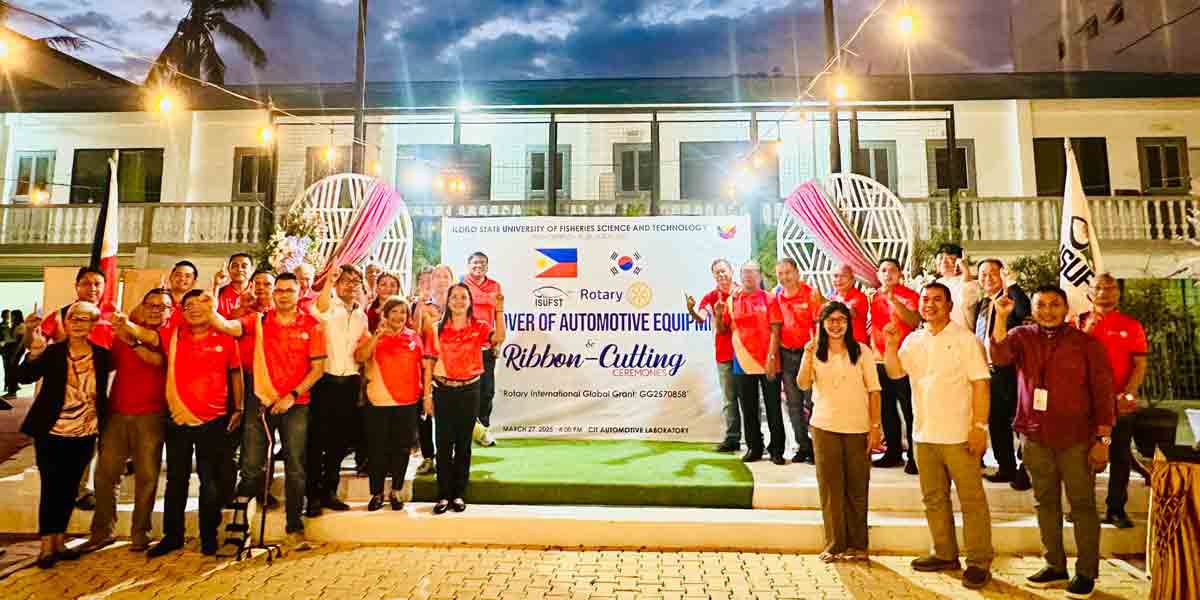
By Francis Allan L. Angelo
Leading fisheries scientists and researchers from across the Philippines have unanimously opposed proposals to allow commercial fishing vessels within municipal waters, citing threats to both small-scale fishers’ livelihoods and marine sustainability.
The opposition emerged during the First Philippines Small-Scale Fisheries National Symposium (PSSFNS 1) held at the University of the Philippines Visayas Iloilo City Campus from October 16-18, 2024.
The symposium’s call to action directly challenges recent legislative attempts to amend Republic Act 10654, which currently prohibits commercial fishing operations within 15 kilometers of municipal waters.
“If we allow commercial fishers within the municipal waters, then we will deprive the municipal fishers,” warned Dr. Dominic Calapan of Bohol Island State University during a round table discussion that preceded the symposium.
Data presented at the symposium revealed that small-scale fisheries contribute 40% of the world’s fisheries catch and employ 90% of workers along catch fisheries value chains.
In the Philippines specifically, municipal fishing accounted for 25% of the nation’s estimated 4.3 million metric tons of fish production in 2022, according to the Bureau of Fisheries and Aquatic Resources (BFAR).
The scientists pointed to alarming evidence of overfishing in Philippine waters, with GPS tracking data showing fishing operations in areas like Ticao Pass, Visayan Sea, and Zamboanga Peninsula already extending up to 20 kilometers from the coast.
Dr. Wilfredo Campos of the University of the Philippines Visayas used a striking metaphor to illustrate the situation: “If we use a pie as an example, the pie is not getting any bigger, just smaller. One slice is for municipal fishers and the other slice is for commercial fishers.”
“If we allow the commercial fishers to fish in the municipal waters, then the piece of the pie of the commercial fishers will get bigger,” Campos explained, adding that this would lead to permanent displacement of small-scale fishers.
The scientific evidence supporting their position is substantial, with a 2017 National Stock Assessment Program study showing that 90% of the 190 fish stocks from different fishing areas across the nation were already overfished.
Dr. Cleto L. Nañola, Jr. of the University of the Philippines Mindanao cited the environmental implications of more fishing in municipal waters: “The Visayan Sea already had a change in fish composition because of the overfishing activities.”
“That would eventually happen to the other fishing areas in the country if we allowed more efficient gears in our municipal water,” Nañola warned.
FINANCIAL IMPACTS
The scientists also addressed proposals to increase the current three-gross-ton limit for municipal fishing boats, expressing concerns about the financial implications for small-scale fishers.
Prof. Ramon Florendo of Don Mariano Marcos Memorial State University noted that “fishing boats of less than 3 GT have been used by the municipal fishers since time immemorial. If we increase it, only the wealthy ones who can afford to upgrade can benefit from it.”
The symposium’s participants emphasized that the issue isn’t with the current law but rather with its implementation and enforcement.
“What we see is the lack of enforcement and not the law,” stated Dr. Campos, calling for better implementation of existing regulations rather than amendments that could harm small-scale fishers.
The scientists also stressed the broader implications for food security in the Philippines, noting that total capture fisheries production has consistently decreased since 2010.
Dr. Yasmin Primavera-Tirol of Aklan State University emphasized the need for a long-term perspective: “This is where our sustainability comes in. Meaning, not just today, tomorrow, but for a long time.”
AMEND CURRENT LAWS
The symposium resulted in a formal call to action urging Congress to uphold the existing RA 8550 as amended by RA 10654, which provides for the delineation of municipal waters.
The call specifically emphasized maintaining the current prohibition on commercial fishing operations within 15-kilometer municipal waters.
The scientists’ position aligns with the Philippine Constitution’s Article II, Section 16, which mandates the state to protect and advance the right of the people to a balanced and healthful ecology.
Dr. Herminie Palla of Western Philippines University pointed to emerging trends, noting that aquaculture species like bangus (milkfish), Pangasius (catfish), and tilapia are now competing with marine species in local markets.
Climate change impacts were also discussed, with researchers highlighting increased risks from natural disasters, sea level rise, beach erosion, and coastal ecosystem destruction.
The symposium addressed multiple displacement factors affecting small-scale fishers, including tourism development, marine protected areas, mariculture operations, and other development activities that restrict traditional fishing grounds.
FOOD SECURITY
Dr. Raul Bradecina of Partido State University emphasized comprehensive approaches to food security, while Dr. Nañola advocated for value-adding opportunities to support fisher incomes through skills training.
The scientists recommended strengthening collaboration between academic institutions, government agencies, and fishing communities to develop effective solutions.
Assistant Prof. Junard Catabay of Central Luzon State University highlighted the need to review enforcement data, including successful apprehensions and repeated infractions of existing laws.
The technological gap between commercial and municipal fishing operations was identified as a major contributor to sector inequality, with commercial boats employing sophisticated tracking systems and fine mesh nets.
Research by Muallil et al. (2015) identified commercial fishing encroachment in municipal waters as the most common and difficult-to-address illegal fishing activity.
The symposium was organized by TBTI Philippines, established in 2022 with the University of the Philippines Visayas as the founding organization, to share resources and expertise for improved fisheries management.
Dr. Alice Joan G. Ferrer, executive director of TBTI Philippines and Vice Chancellor for Academic Affairs of UP Visayas, moderated the round table discussion that brought together eight panelists from various higher education institutions.
SIGNIFICANCE
The discussions gained particular significance following President Ferdinand Marcos Jr.’s announcement during his 2nd State of the Nation Address regarding plans to amend RA 10654.
Scientists emphasized that any amendments must be based on thorough evaluation of the existing law’s eight-year implementation and prioritize small-scale fishers’ rights.
The symposium highlighted the socioeconomic implications, noting that fishers remain among the nation’s poorest sectors according to poverty statistics.
Participants stressed that food security issues will persist while fishery resources remain overfished and coastal communities continue to be marginalized.
Local government units’ varying success in implementing existing regulations was discussed, with recommendations for strengthening their capacity through improved training and resources.
The scientists concluded that protecting municipal waters for small-scale fishers combines social justice, economic necessity, and environmental sustainability.
The symposium’s recommendations will be submitted to government agencies and legislative bodies for consideration in future policy discussions.
For more information about the symposium and its recommendations, interested parties can contact TBTI Philippines at [email protected] or follow their social media channels for updates.
















